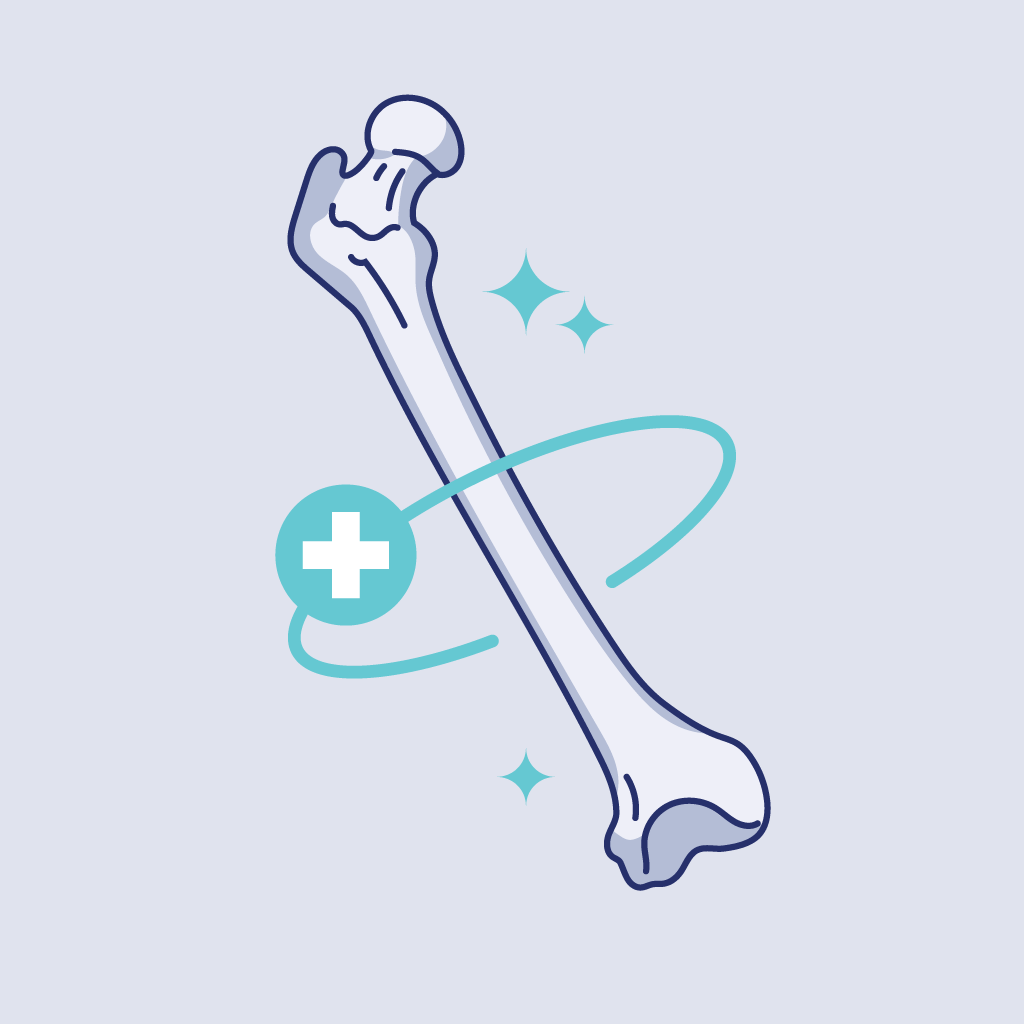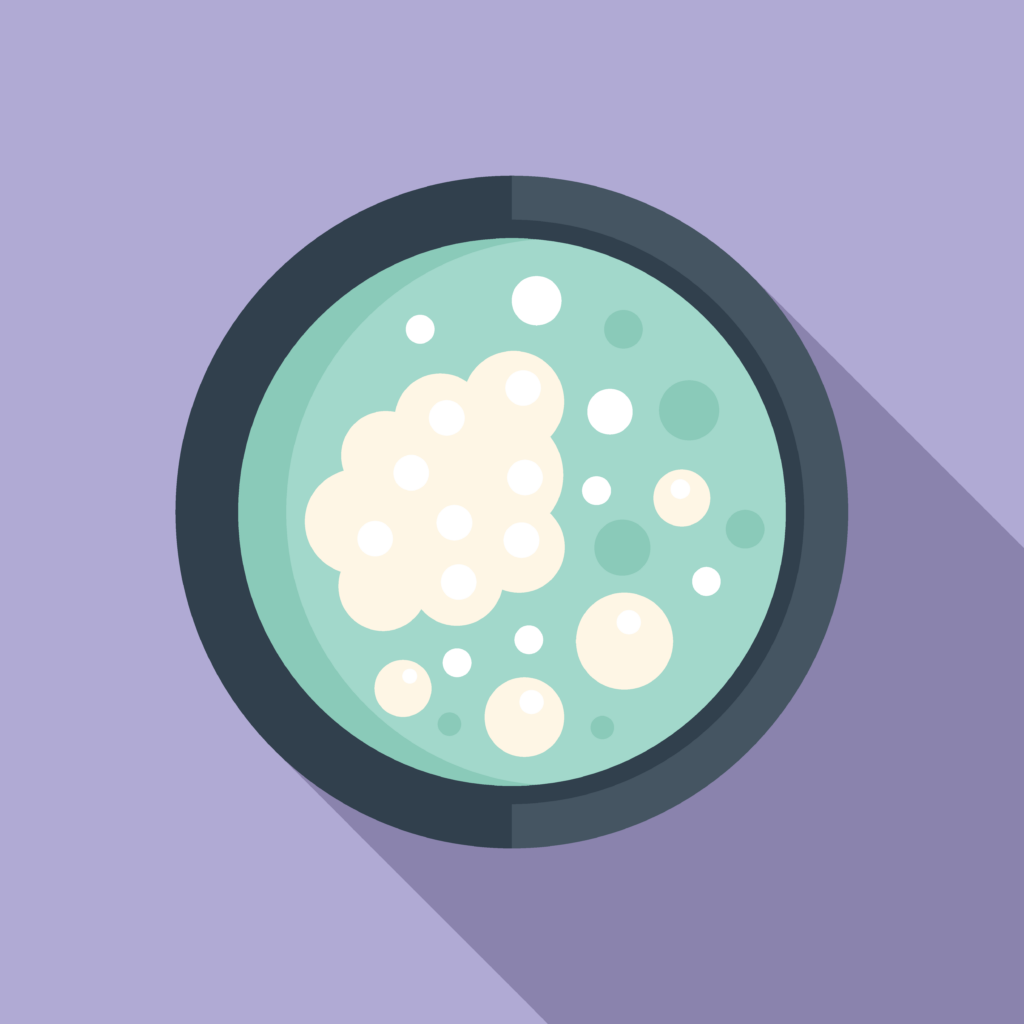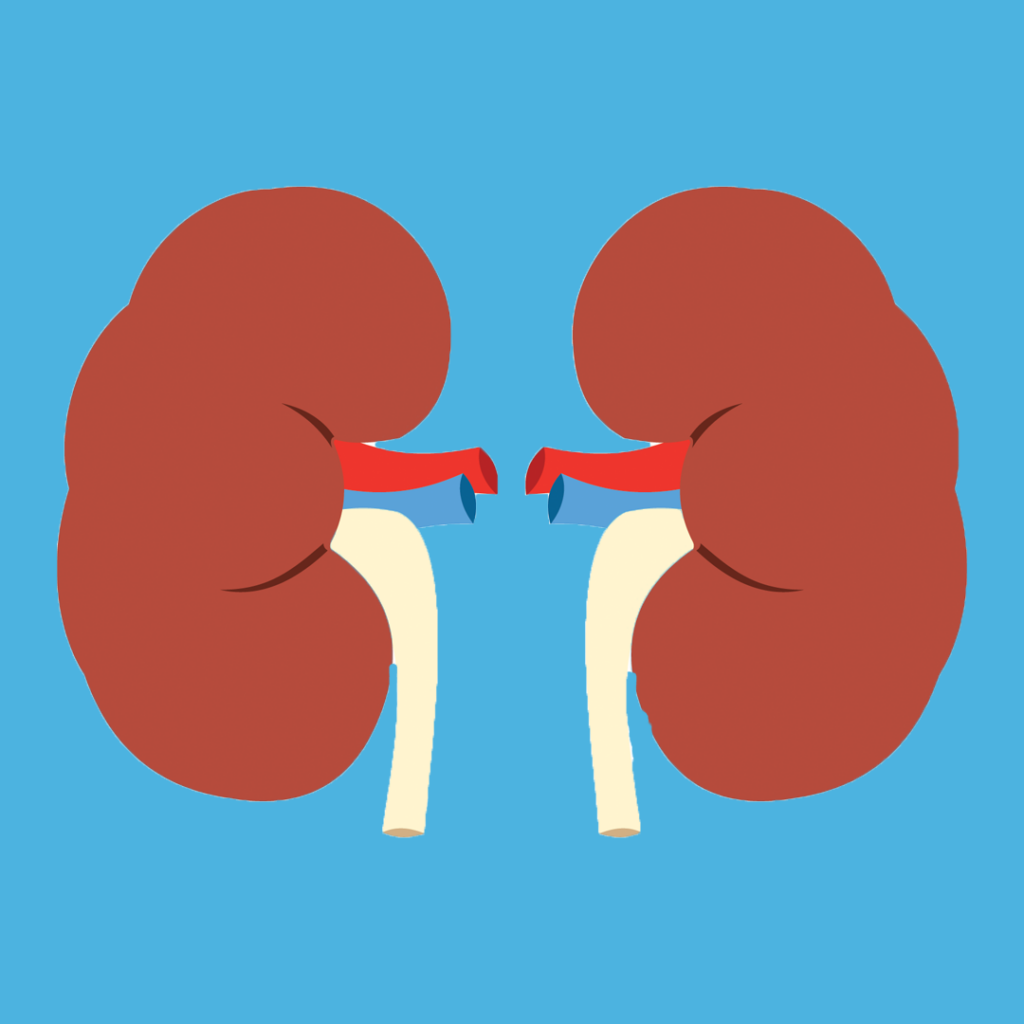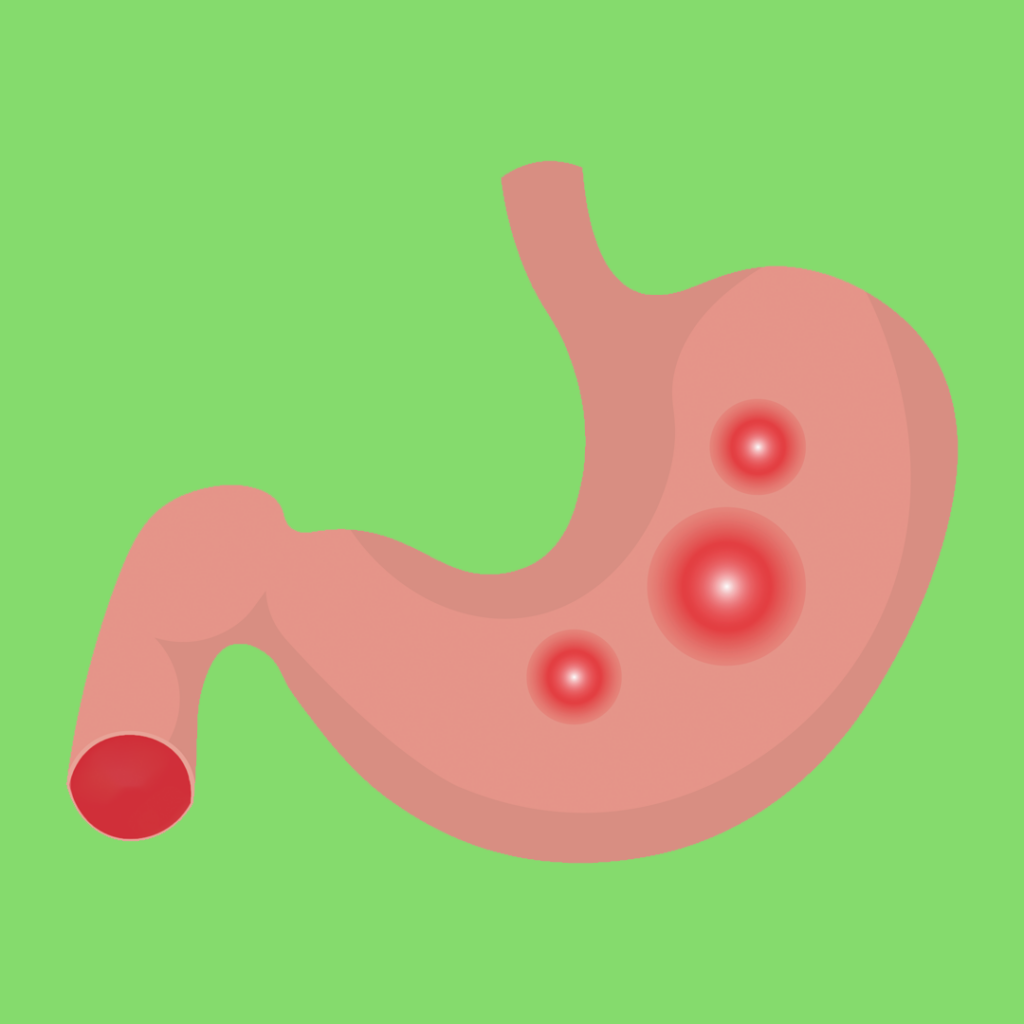Zinc and fertility
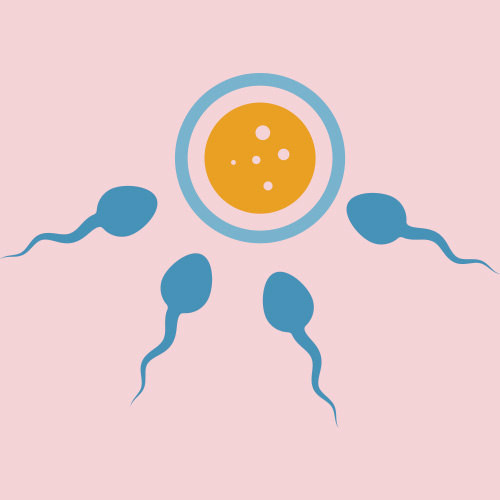
Questions answered in this article:
If you are an older woman, possibly 30 plus, and trying to conceive, you probably have been told that time is of essence. This is because women are born with all the eggs they will ever have and with age the supply and more importantly the quality of the eggs diminishes significantly. Unfortunately, you can’t slow down time but, recent research in the field of preconception nutrition shows that you can improve the quality of the eggs you still have through nutrition. One of the important nutrients that is vital to preconception health is zinc.
Zinc is found in cells throughout the body, it is considered trace mineral meaning that the body only requires small amounts of it, however, it has a big job to play in the body. It is estimated that it is involved in over 300 plus enzymatic or chemical reactions in the body. Of all the various roles it plays in the body, one of its most important roles is in cell growth. Zinc is essential to enzyme systems that influence cell division and proliferation. In other words, it is a major player in proper formation of DNA and growth of cells. Because it helps cells to grow and multiply, adequate zinc is required during times of rapid growth, such as childhood, adolescence, and pregnancy. Studies have demonstrated that zinc is also crucial for folliculogenesis, the process of developing a mature follicle (or mature egg) for ovulation , a process which involves rapid cell division and would require an adequate amount of zinc.
Zinc is important for egg production
Research found that zinc deficiency can negatively affect the early stages of egg development (pre-antral stage), reducing the ability of the egg cells to divide therefore affecting the quality of the egg and ultimately the ability to be successfully fertilized down the road.
Each month in a natural menstrual cycle, your body works to prepare one mature egg to be released from your ovaries to be potentially fertilized. This process of developing a mature egg is actually a very long process, it doesn’t actually happen within a month cycle. The full process requires almost a year, it takes roughly 300 days for a primordial follicle (premature egg) to grow and develop to the ovulatory stage!
This process happens in two stages pre-antral (the first 250 days) and antral stage (last 50 days) and not just within a month cycle. In a zinc deficiency state, researchers found that this led to abnormal cell growth and division, and smaller egg development in the pre-antral stage which can negatively influence fertility later on by impacting fertilization and implantation.
What we can learn from this study is that zinc levels are important far earlier in egg cell growth than previously thought. Furthermore, it is estimated by WHO (World Health Organization) that over 80% of women worldwide have inadequate zinc intake. This makes zinc an essential mineral for optimal fertility. So if you are trying to conceive, it's vital to ensure adequate zinc preconceptionally, ideally a year prior to positively influence egg quality and ultimately fertility!
Zinc also plays a vital role in the production and regulation of hormones
An adequate supply of zinc preconceptionally has various benefits to your reproductive health besides egg development and quality. It is also essential for proper hormone production and ovulation. Sufficient levels of zinc in your body is needed by the pituitary gland (the master gland that regulates other hormones) to release follicle-stimulating hormone (FSH). In women, FSH promotes the growth of ovarian follicles and healthy ovulation. This in turn contributes to production of progesterone, the dominant hormone in the second half of your cycle that is important for developing an embryo, but also maintaining a healthy, regular cycle.
Simply put, zinc plays a vital role in ovulation and the menstrual cycle, and zinc deficiencies can make it harder to get pregnant. Low zinc levels have been linked to hormonal imbalances, irregularities in menstruation or even anovulation (in which women don’t ovulate). Studies have also found that low levels of this important reproductive mineral in the blood were associated with longer time trying to conceive.
Zinc is a key factor for implantation
Zinc plays many roles in women's reproductive health, it is also one of key components of follicular fluids. Optimal levels of zinc are needed to help maintain fluids in follicles, which helps an egg to travel through the fallopian tubes and into the uterus for implantation. Studies have shown that follicular fluids in women with infertility have lower zinc levels than in fertile women. In a follow up study, zinc supplementation in these women experiencing infertility improved IVF outcomes.
While there are many reasons for infertility, zinc deficiency has been known to adversely affect fertility. If you are trying to conceive, you should talk to your healthcare practitioners to make sure that your zinc levels are adequate for optimal fertility!

